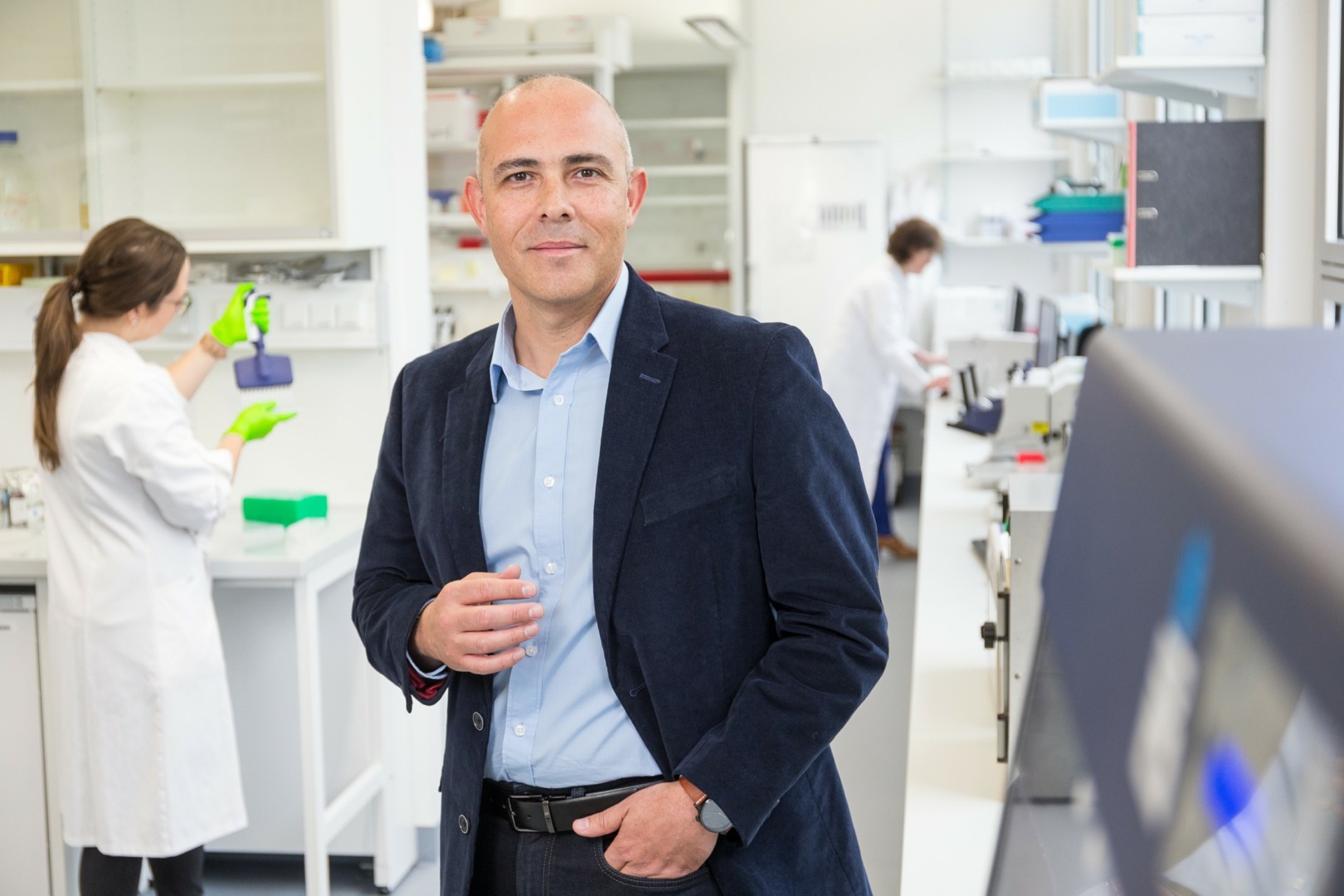With $5.1 million in support from the Azrieli Foundation, researchers are using innovative technology to study the signals from the brain that control our muscles. This could lead to a better understanding of many neurological conditions.
Their goal is to advance knowledge and accelerate the diagnosis and treatment of disorders affecting movement like Parkinson’s, ALS and various neurodevelopmental disabilities.
Along with a consortium of researchers, Dr. Sam Sober of Emory University and Dr. Andrew Pruszynski of Western University have developed a new electromyography (EMG) technology. While standard EMG technology is imprecise (having changed little since the 1950s), the new technology records muscle activity in high definition and is poised to help scientists better understand the connection between the brain and the muscles.
The donation to Western and Emory Universities will support collaborative motor neuroscience research networks to accelerate the impact of this technology. It will fund several initiatives that support Canadian researchers, including multi-year operating grants for labs studying motor neuroscience and seed funding to help labs accelerate their use of this technology.
This new grant builds on philanthropic funding from 2021 which allowed the consortium to share early versions of the technology with research groups around the world.
“We decided early on to disseminate our newly developed technology as widely as possible,” says Dr. Sober, whose lab at Emory originated the technology. “This sharing not only let our collaborators advance their own research, but the critical feedback they provided allowed us to refine our device and improve its performance much faster than we would have otherwise.”
According to Dr. Pruzsynski, the research “opens up a whole new way of understanding the mechanisms of these diseases,” raising prospects for earlier diagnosis and the development of quality-of-life improving interventions.







